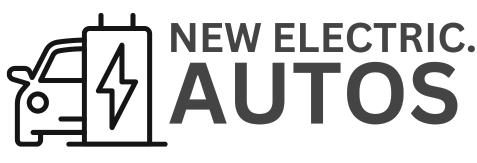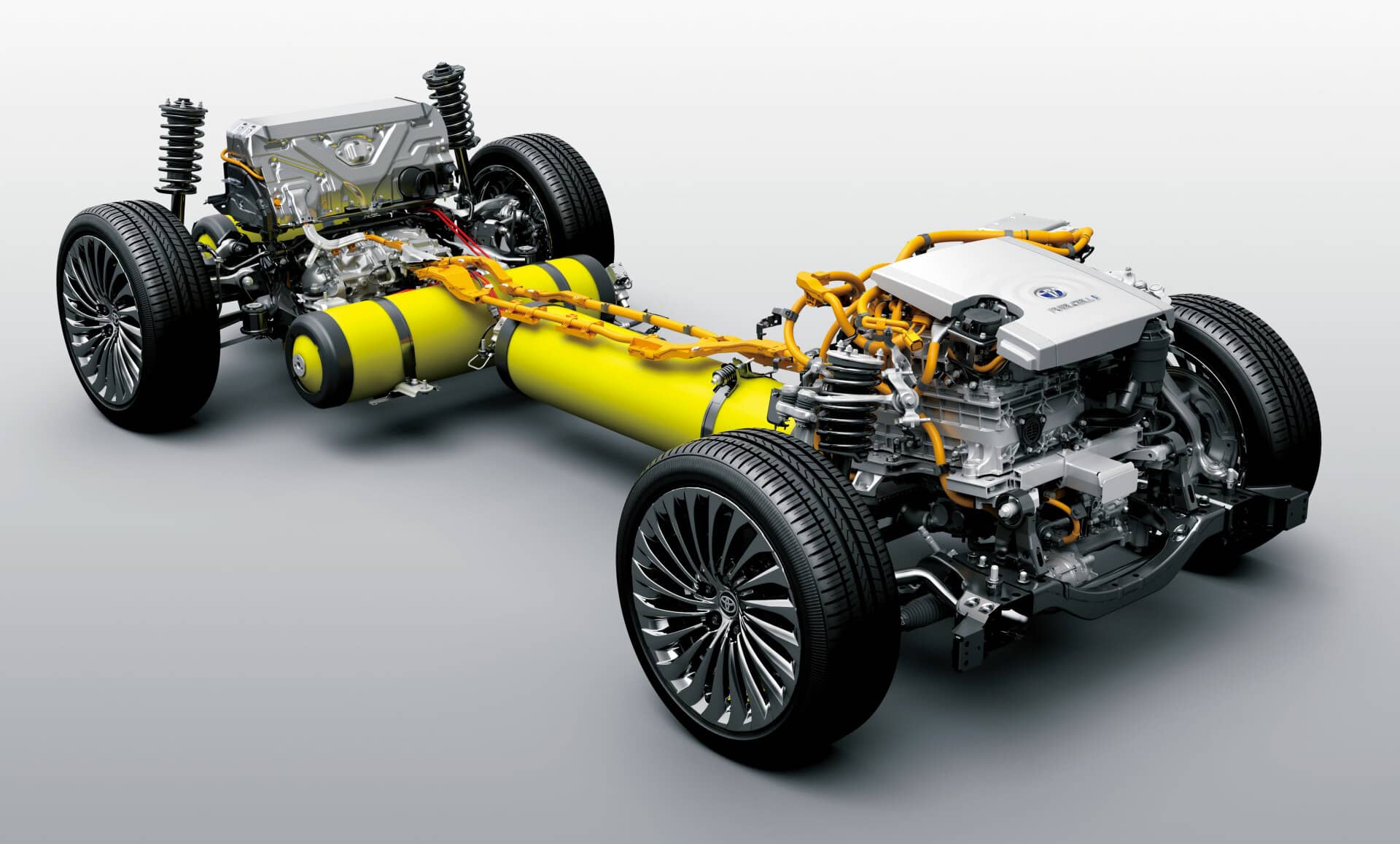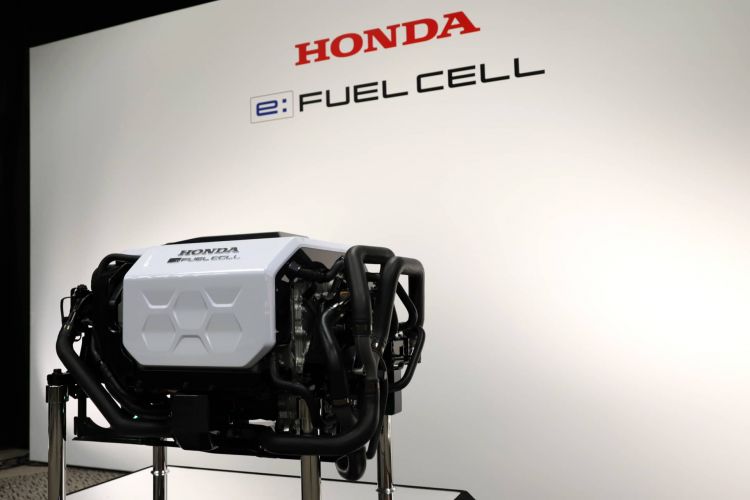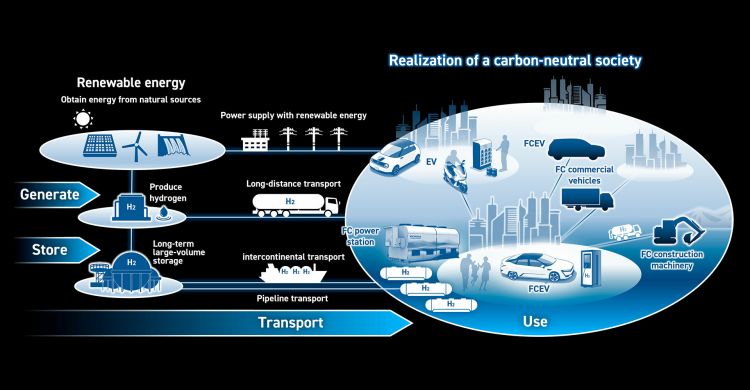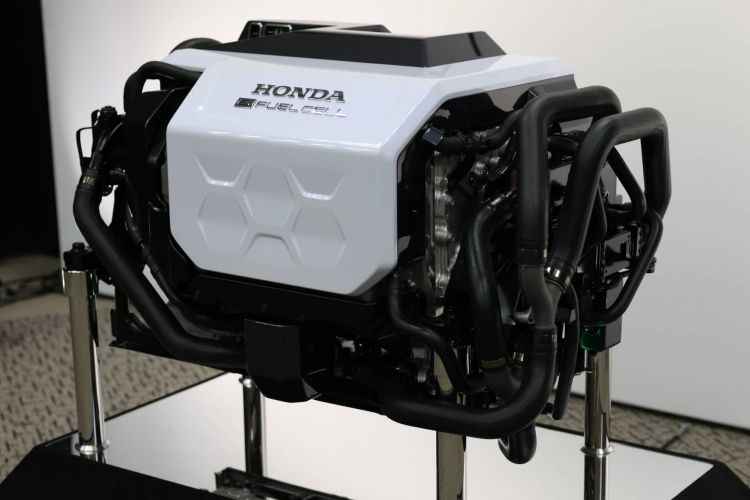Diesel has been with us for decades, as an economical solution for transport – and not just on the road. Diesel in our cars, with low consumption and ideal for traveling long distances. Diesel in the transport of goods and passengers by road. But the die is cast for fossil fuels and thus for internal combustion engines. 2035 is the year in which Europe will stop selling cars with diesel and gasoline engines, including hybrids. And many manufacturers are even further ahead of their goals for completing the transition to electric vehicles.
When we talk about electric vehicles, we generally do so by referring to the battery electric car. But hydrogen also proposes an electric vehicle alternative, also known as a fuel cell car. A solution that also uses electric motors, but replaces the battery to accumulate energy, which will be supplied to the electric motor, by a pressurized tank of hydrogen and a system – the fuel cell – that transforms hydrogen into electricity to drive the electric motor .
Is hydrogen the diesel of the future?
The hydrogen fuel cell car is the best alternative to the battery electric vehicle and it will be necessary for both technologies to coexist
The diesel of the future is hydrogen
If we think about it carefully a hydrogen fuel cell car is much more like a diesel than a battery electric car. The greatest potential of the fuel cell, compared to battery electric, lies in long-distance travel. The refueling process, saving the distances, is not so different from filling a tank with diesel.
And hydrogen also seems to be one of the most appropriate solutions for the transport of passengers and goods by road. And a much more appropriate solution than having to equip a vehicle, already large and heavy, with batteries that occupy a large volume, that require a high mass to accumulate an acceptable amount of energy and that, ultimately, they require travel planning and stops en route, on long-distance journeys, to recharge the batteries.
One of the great surprises was revealed these days. Honda has a plan to launch a hydrogen car, which goes far beyond a mere car, and has been developed jointly with General Motors. And that plan goes through selling 2,000 hydrogen cars a year in the middle of this decade, 60,000 cars a year in 2030 and “several hundred thousand” hydrogen cars by the second half of 2030.
A hydrogen car is much more like a diesel than a battery electric car
The diesel of the future, not only for cars
Hydrogen seems like the energy of the future. And although it is true that expectations have been set very high, especially with regard to the transport of hydrogen by pipeline – such as the interconnection project of the Iberian Peninsula with France and Germany – which is not so technically simple and much more expensive than According to some sources, hydrogen could become a highly available, viable and profitable energy source, with endless applications that go beyond transportation.
If we go back to the joint project between Honda and General Motors, we see how their strategy involves going beyond the launch of hydrogen cars and they hope that their fuel cell technology is applied in many other solutions that, to date, used diesel and diesel engines: heavy transport vehicles, stationary systems, electric generators, renewable production plants, to accumulate energy in green hydrogen, or even heavy machinery.
Honda has proposed, for example, a stationary fuel cell system, intended as an emergency power generator for data centers, which could provide 500 kW and which, as if that were not enough, gives a second life to fuel cells in his latest hydrogen car, the Honda Clarity Fuel Cell.
The fuel cell and hydrogen will be used in many solutions that, until now, used diesel and diesel engines
Hydrogen yes, with a pinch of salt
Despite the fact that everything indicates that hydrogen will be key in the energy transition process in which we are immersed, many of these hydrogen predictions should be taken with a pinch of salt at the very least. As we told you, the transport of hydrogen over long distances, through pipelines, involves great technological challenges, and is expensive. Something similar happens with the transport that will probably be imposed, in boats, or in tanks, which, even though it is similar to the transport of hydrocarbons, requires pressurized systems and thermal management that complicates and makes transport more expensive.
In any case, hydrogen continues to have everything on its side to be the energy and, in some way, the diesel of the future. Especially in a country like Spain, which enjoys privileged conditions to achieve an energy surplus with the production of renewables, which in turn can be transformed into hydrogen and, ultimately, facilitate the development of all industries that can use hydrogen. as an energy solution, with hydrogen ecosystems, and local hydrogen, including of course road transport.
